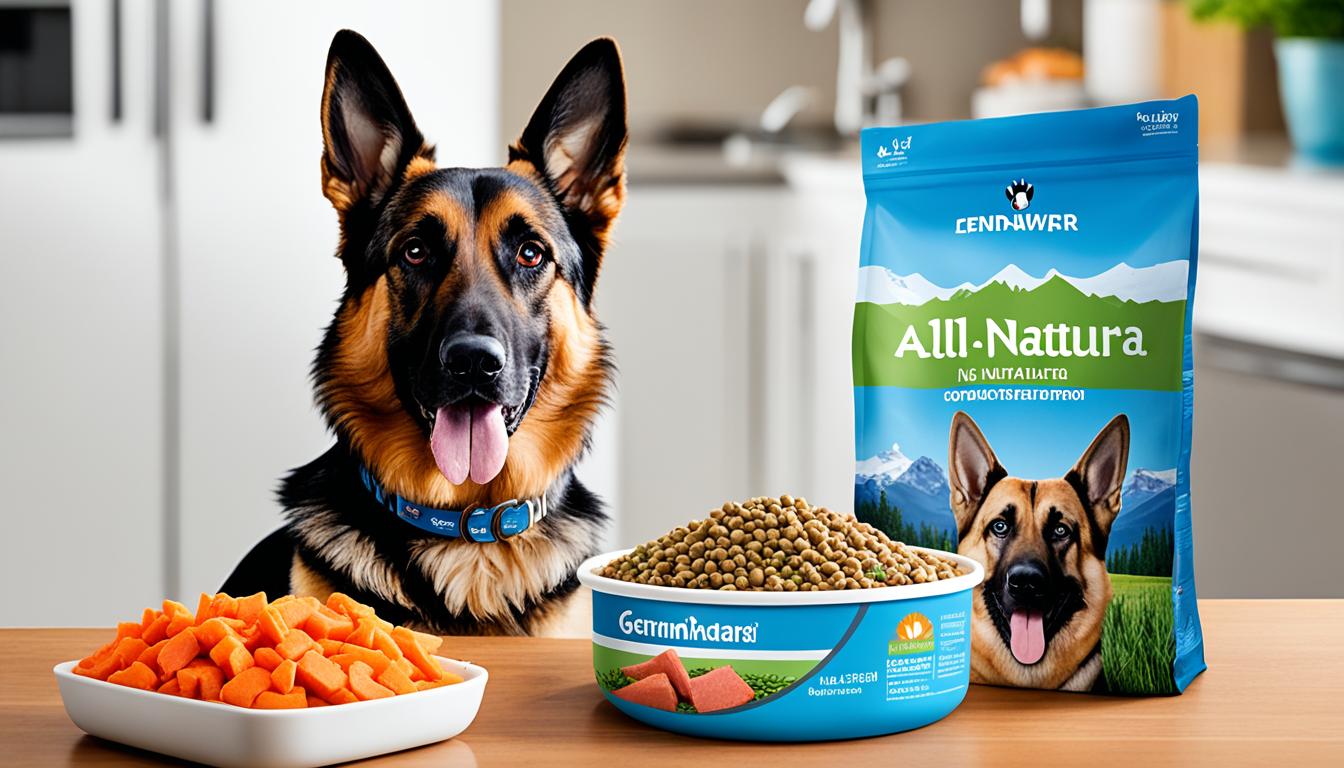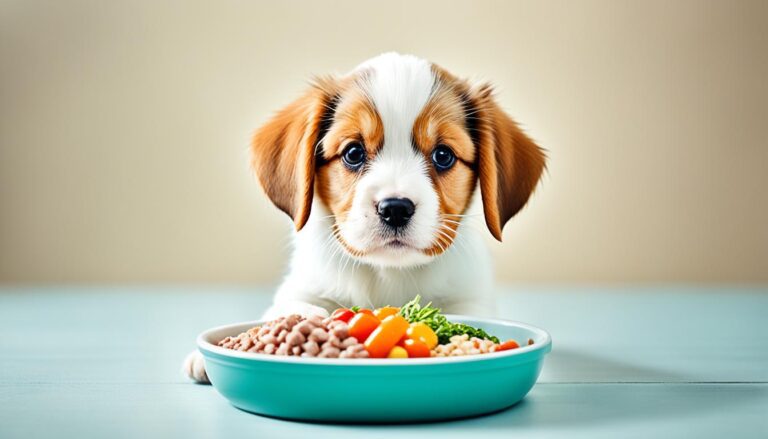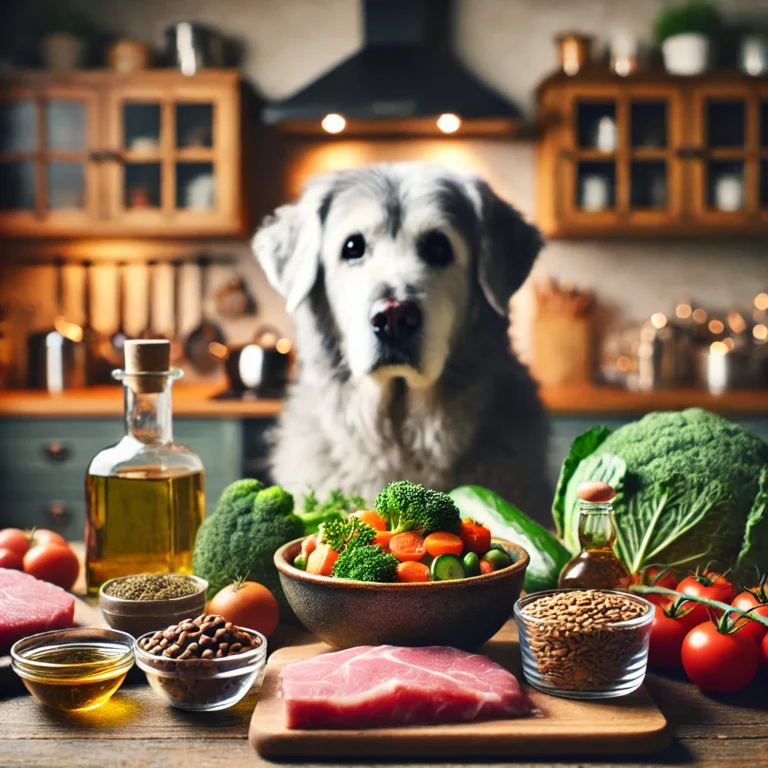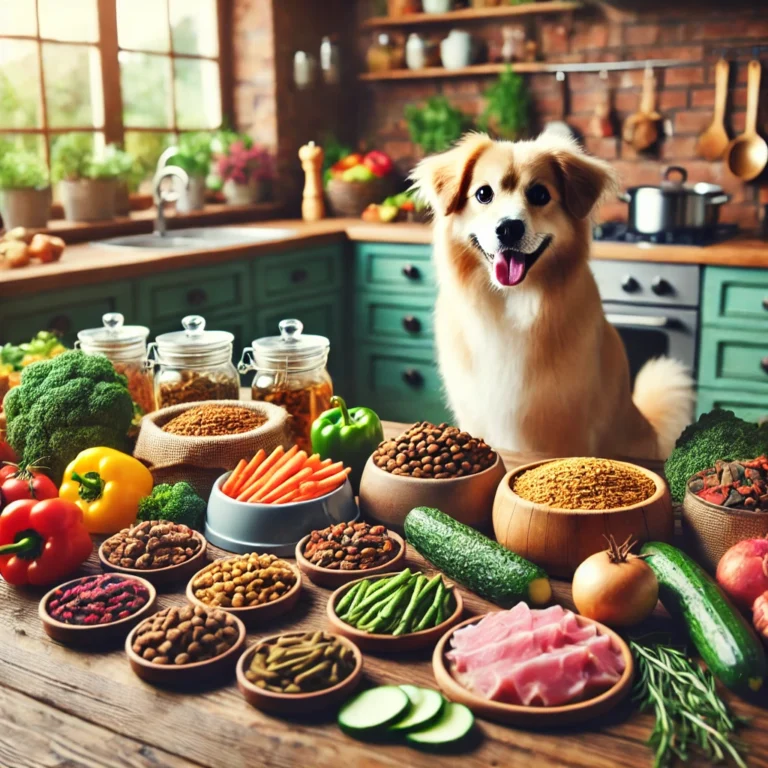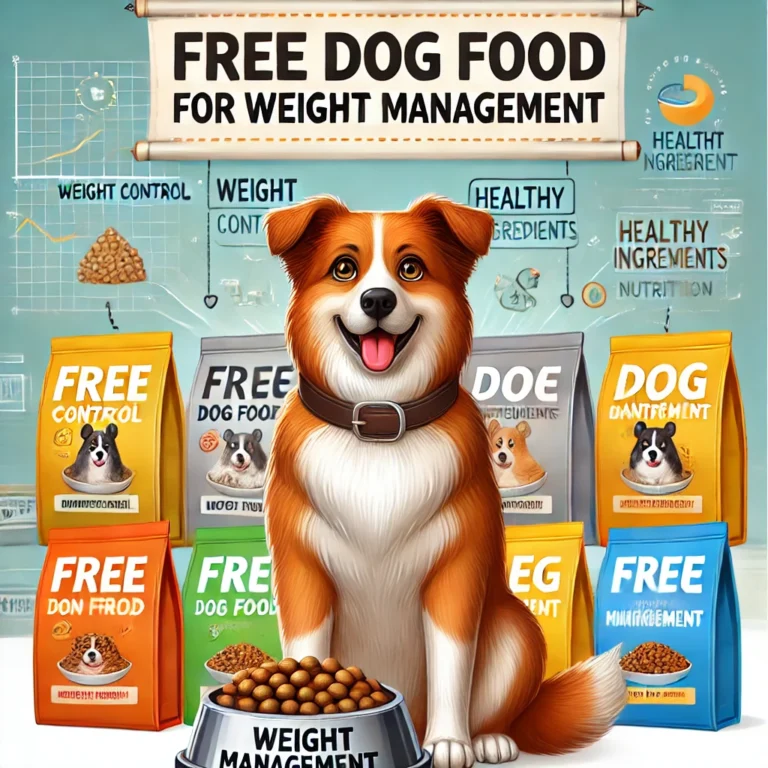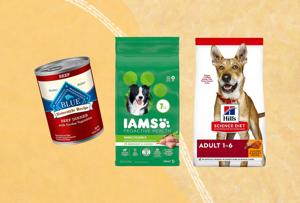Best Diet Plan for a German Shepherd: Expert Guide
German Shepherd nutrition is a crucial aspect of caring for these loyal and intelligent dogs. As the second most popular pet in America, German Shepherds require a carefully planned diet to maintain their health and vitality. We’ll explore the best diet plans for German Shepherds, focusing on their unique nutritional needs and how to provide healthy meals for these large breed dogs.
German Shepherds have specific dietary requirements due to their size, energy levels, and potential health concerns. A well-balanced large breed dog diet is essential to support their active lifestyle and prevent common health issues such as hip dysplasia and allergies. Let’s dive into the key aspects of crafting the perfect meal plan for your German Shepherd companion.
When considering German Shepherd nutrition, it’s important to note that these dogs thrive on diets rich in high-quality animal protein. While some pet owners may consider vegetarian options, these are not biologically appropriate for healthy dogs. Instead, we recommend focusing on diets that include raw foods or commercially prepared fresh foods to meet their nutritional needs.
Key Takeaways
- German Shepherds require a diet tailored to their specific nutritional needs
- High-quality animal protein is essential for German Shepherd health
- Raw food diets or fresh commercial foods are recommended
- Vegetarian diets are not suitable for German Shepherds
- Proper nutrition can help prevent common health issues in the breed
- Dietary needs may vary based on age, activity level, and health status
Understanding German Shepherd Nutritional Needs
German Shepherds have unique dietary requirements for German Shepherds that set them apart from other breeds. We’ll explore their distinctive digestive system, essential nutrients, and the importance of breed-specific nutrition to ensure a balanced diet for German Shepherds.
Unique Digestive System of German Shepherds
German Shepherds possess a shorter colon compared to other breeds. This anatomical feature necessitates a high-fiber diet to slow food movement and enhance nutrient absorption. A diet rich in fiber helps regulate digestion and supports overall gut health in these active dogs.
Essential Nutrients for German Shepherds
A balanced diet for German Shepherds should include:
- High-quality proteins (38% recommended)
- Essential fats (omega-3 and omega-6 fatty acids)
- Complex carbohydrates
- Vitamins (A, B complex, D, E)
- Minerals (calcium, iron, zinc)
These nutrients support muscle health, coat condition, and overall vitality.
Importance of Breed-Specific Nutrition
Breed-specific nutrition is crucial for German Shepherds. Foods beneficial for other breeds may not suit their unique needs. An ideal diet should be based on beef, wheat, and leafy greens, avoiding fish, soy, and rice. This tailored approach helps prevent common health issues like joint problems, skin allergies, and digestive sensitivities.
| Recommended Foods | Foods to Avoid |
|---|---|
| Beef | Fish |
| Wheat | Soy |
| Leafy Greens | Rice |
By understanding these specific dietary requirements for German Shepherds, we can provide them with a balanced diet that supports their health and longevity. Regular vet check-ups and adjustments to their diet plan ensure they receive optimal nutrition throughout their lives.
What is the best diet plan for a German Shepherd?
German Shepherds are an active breed that requires a carefully balanced diet to maintain their health and energy levels. The best diet plan for a German Shepherd should include high-quality proteins, healthy fats, and essential nutrients tailored to their unique nutritional needs.
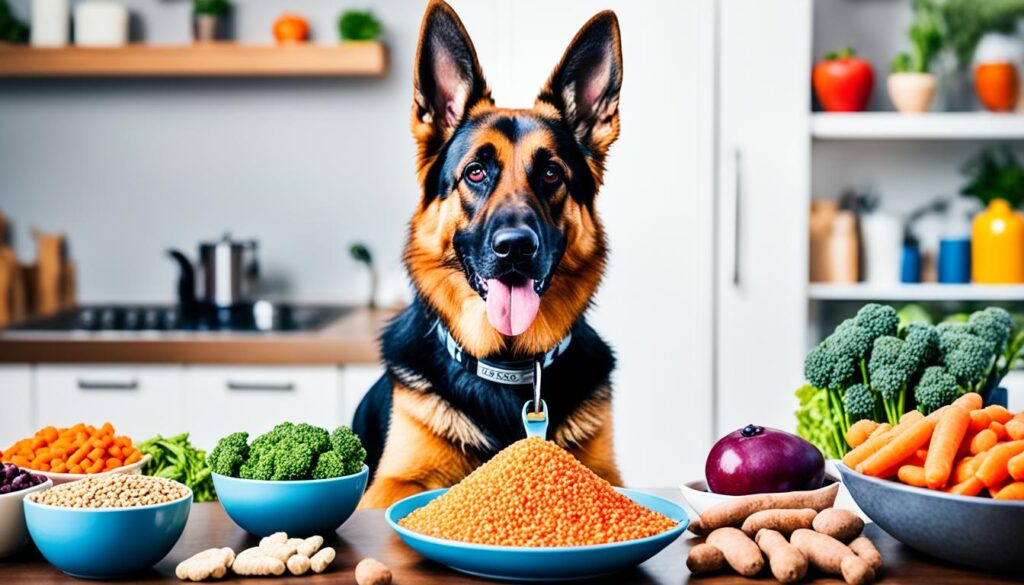
For adult German Shepherds, a diet containing 20% to 25% protein, 10% to 15% fat, and 3% to 7% fiber is ideal. Active or working German Shepherds may need higher protein levels, up to 26%, to support their increased energy demands. These dogs typically require between 1,435 to 1,780 calories per day, with working dogs needing up to 2,100 calories.
A raw food diet is often considered an excellent choice for German Shepherds. This approach mimics their natural diet and can include a mix of meat, bones, organs, vegetables, and berries. For those who prefer commercial options, high-quality kibble designed for large or working breeds can be a suitable alternative.
- Feed adult German Shepherds twice daily
- Choose foods rich in lean proteins and healthy fats
- Include fiber-rich ingredients like leafy greens and pumpkin
- Avoid fillers and artificial additives
Remember, German Shepherds’ nutritional needs change with age. Puppies require more frequent meals and higher calorie intake, while seniors may benefit from a higher-fiber, lower-calorie diet. Always consult with a veterinarian to create the best diet plan for your German Shepherd’s specific needs.
Raw Food Diet: A Natural Approach to Feeding German Shepherds
Raw food diets have gained popularity as healthy meals for German Shepherds. This approach aims to mimic the natural diet of canine ancestors, providing unprocessed nutrients that support optimal health.
Benefits of Raw Feeding for German Shepherds
Many German Shepherd owners report improved digestion, healthier skin, and reduced allergy symptoms when switching to raw diets. Dogs on raw food often have smaller stools and faster digestion times, which can boost their immune system.
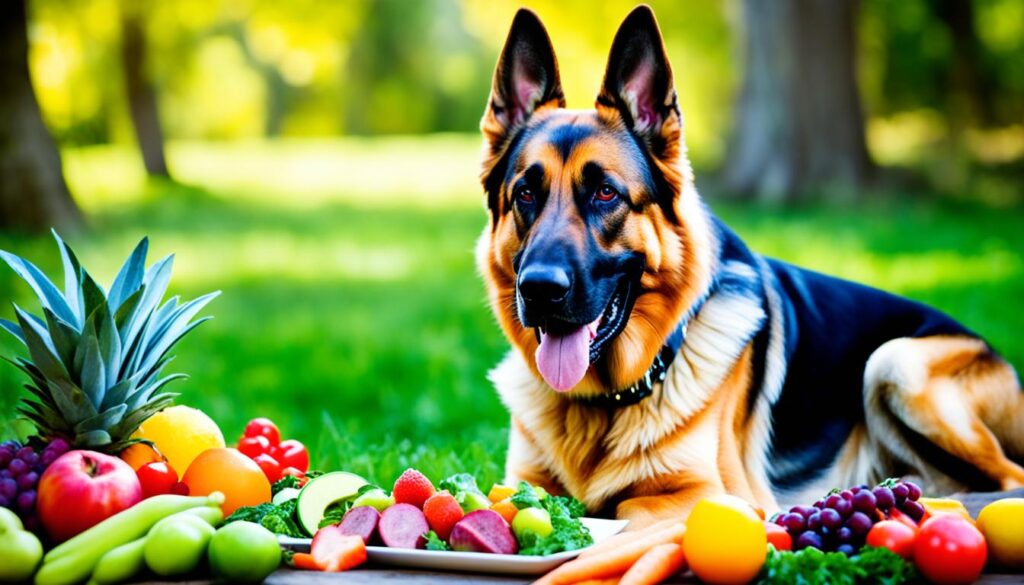
Transitioning to a Raw Diet
Switching to raw dog food for German Shepherds requires a gradual approach. Start by mixing small amounts of raw food with their current diet, slowly increasing the ratio over 1-2 weeks. Monitor your dog’s energy levels and digestion during this transition.
Potential Risks and How to Mitigate Them
While raw diets offer benefits, they come with risks like bacterial contamination and nutritional imbalances. Proper food handling and following a balanced meal plan can mitigate these concerns. Consult with a canine nutritionist to ensure your German Shepherd receives all necessary nutrients.
| Component | Percentage | Benefits |
|---|---|---|
| Muscle Meat | 35% | Protein source, essential amino acids |
| Bone | 25% | Calcium, phosphorus, dental health |
| Fat | 20% | Energy, coat health |
| Organs | 15% | Vitamins, minerals |
| Fruits/Vegetables | 5% | Fiber, antioxidants |
By understanding the components of a balanced raw diet, you can provide nutritious and healthy meals for German Shepherds that support their overall well-being.
Homemade Diet Plans for German Shepherds
Crafting healthy meals for German Shepherds at home gives pet owners control over ingredients and nutrition. We understand the importance of balanced German Shepherd nutrition, which is why homemade diets can be an excellent choice for conscientious owners.
A typical homemade meal for a German Shepherd might include a mix of lean proteins, complex carbohydrates, and vegetables. Here’s a sample recipe:
- 2 cups cooked brown rice
- 1 pound lean ground beef or chicken
- 1 cup mixed vegetables (carrots, peas, green beans)
- 1 hardboiled egg
- 1 tablespoon fish oil
While homemade diets offer benefits, they require careful planning. It’s crucial to consult with a veterinary nutritionist to ensure your German Shepherd receives all necessary nutrients. Remember, adult German Shepherds need 20% to 25% protein and 10% to 15% fat in their diet.
“Homemade diets allow for precise control over ingredients, but require dedication to maintain nutritional balance.”
The time investment for preparing homemade meals is significant, often taking about 2 hours per week. However, many owners find this time well spent, as it strengthens the bond with their pet and ensures high-quality nutrition.
| Diet Type | Pros | Cons |
|---|---|---|
| Homemade | Control over ingredients, fresh food | Time-consuming, requires nutritional knowledge |
| Commercial | Convenient, balanced nutrition | Less control over ingredients, potential additives |
While homemade diets can be more expensive, costing around $40 per week, they offer unparalleled control over your German Shepherd’s nutrition. With proper planning and guidance, homemade meals can be a healthy and rewarding option for your loyal companion.
Commercial Dog Food Options for German Shepherds
Selecting the right dog food for German Shepherds can be a challenge. With numerous options available, it’s crucial to choose high-quality products that meet the nutritional needs of these large breed dogs.
Choosing High-Quality Kibble
When shopping for dog food for German Shepherds, look for brands that offer balanced nutrition. Some top choices include:
- Dr. Gary’s Best Breed German Dog Diet (36% protein, 22% fat)
- Merrick Grain-Free Large Breed Real Chicken and Sweet Potato (34% protein, 17% fat)
- Blue Buffalo Wilderness Salmon Dog Food (38% protein, 17% fat)
These options provide the necessary protein and fat content for a large breed dog diet. It’s worth noting that German Shepherd puppies should be fed age-appropriate food until they’re 12 to 24 months old.
Wet Food Considerations
Wet food can be a great addition to your German Shepherd’s diet. It provides extra moisture and can increase palatability. Some dogs prefer a mix of wet and dry food. Pork Potluck by Nom Nom, for example, offers 28% protein and 20% fat, making it a nutrient-dense option.
Grain-Free vs. Grain-Inclusive Diets
The debate between grain-free and grain-inclusive diets continues. While some dogs thrive on grain-free diets, others do well with grains. Holistic Select Large and Giant Breed Adult Health Dog Food, a grain-inclusive option, contains 27% protein and 16% fat. Always consult with your vet to determine the best choice for your German Shepherd’s individual needs.
“Just add water” dehydrated foods like The Honest Kitchen and Dr. Harvey’s are produced with very little heat, preserving more nutrients than traditional kibble.
Remember, the best dog food for German Shepherds balances nutrition with your pet’s individual needs and your budget. Always transition to new foods gradually to avoid digestive issues.
Balancing Proteins, Fats, and Carbohydrates in a German Shepherd’s Diet
A balanced diet for German Shepherds is crucial for their overall health and weight management. We recommend focusing on high-quality proteins, which should make up 18-22% of an adult German Shepherd’s diet. For puppies, this percentage increases to 22-24% due to their rapid growth phase. Protein sources like beef, chicken, and eggs are excellent choices for these active dogs.
Fats play a vital role in a German Shepherd’s diet, providing energy and promoting a healthy coat. Adult German Shepherds need about 5-8% fats in their diet, while puppies require up to 10%. It’s important to note that German Shepherds are prone to obesity, which can lead to health issues like diabetes. Careful fat intake management is key to German Shepherd weight management.
While carbohydrates aren’t a natural part of a dog’s diet, some complex carbohydrates from vegetables can provide necessary fiber. We suggest limiting carbohydrate intake and focusing on nutrient-dense options. Remember, a balanced diet for German Shepherds should include the right mix of proteins, fats, and limited carbohydrates to support their active lifestyle and maintain a healthy weight.
FAQ
What is the unique digestive system of German Shepherds?
What are the essential nutrients for German Shepherds?
Why is breed-specific nutrition important for German Shepherds?
What is the best diet plan for a German Shepherd?
What are the benefits of a raw food diet for German Shepherds?
How can I transition my German Shepherd to a raw diet?
What are the potential risks of a raw diet for German Shepherds?
What should a homemade diet plan for German Shepherds include?
How do I choose high-quality commercial dog food for my German Shepherd?
Should German Shepherds have a grain-free or grain-inclusive diet?
What is the ideal macronutrient balance for a German Shepherd’s diet?
Source Links
- Diet & Nutrition – GSD-Living
- German Shepherd: Care, Diet, Training and Grooming Tips
- German Shepherd: Top Dog Food & Feeding Patterns To Know – Pet Blog – Dogs, Cats, Fishes and Small Pets Blog
- What is the Best Food for a German Shepherd?
- Ideal Diet for German Shepherds – The Ultimate German Shepherd Feeding Guide
- German Shepherd Diet in Summer: Key Guidelines for Health
- German Shepherd Breed Guide
- German Shepherd Feeding Guide | Hypro Premium
- Best Dog Food for a German Shepherd | Ollie
- Raw dog food | Raw diet | Raw dog food recipes
- Natural Rawfood Diet For Dogs
- A Breeder’s Guide to Raw Food for German Shepherds – (March 2024) | Nadelhaus German Shepherds
- Diet & Nutrition – GSD-Living
- Homemade Food for German Shepherds: Nutritious DIY Meal Ideas
- Best Dog Food for German Shepherds 2024 | Dog Food Advisor
- A Raw Food, Real Food Diet for Our German Shepherd Dog – Part 2
- Best dry dog food?
- Understanding the Nutritional Requirements of German Shepherds
- Maximizing Lifespan: Tips for a Healthy German Shepherd
- Best Food for German Shepherd To Gain Weight

